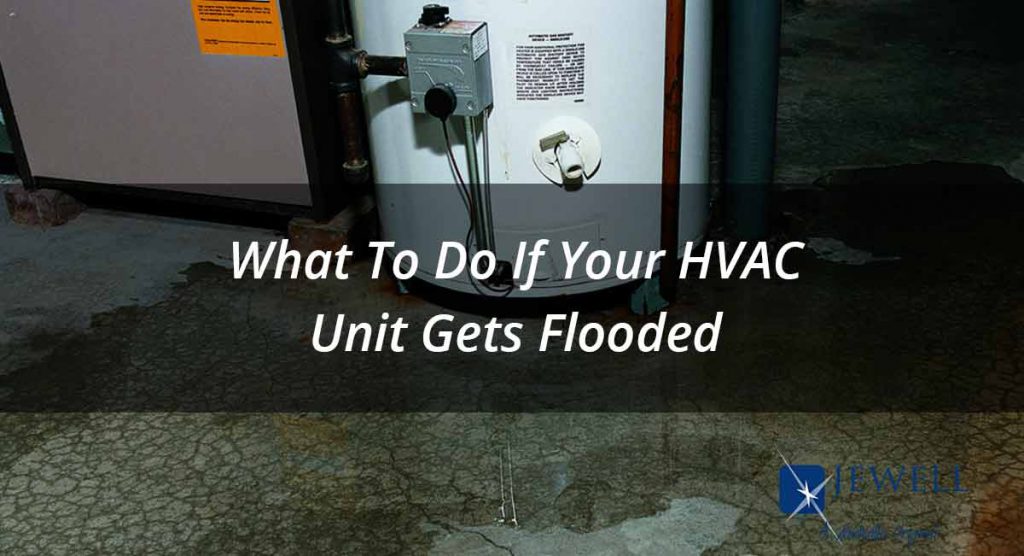What to Do When a Storm Causes Flooding in Nashville
Many Nashville residents are flood victims that have suffered damage to their residential HVAC units.
Ever since Hurricane Harvey made landfall in Texas and Louisiana, the national news has been dominated by stories reflecting the devastation wrought by what is now regarded as the most destructive flood in U.S. history. Unfortunately for Nashville residents, the storm eventually moved northeast and passed through Music City as Tropical Depression Harvey, with heavy rains causing widespread flooding and at least two confirmed tornados—an EF-1 twister that touched down in northern Davidson County and an EF-0 in Maury County.
Unfortunately, many Nashville homeowners suffered extensive flooding, including damage to their residential HVAC units. Whites Creek rose from three feet to 15 feet, causing widespread flooding. And Browns Creek overflowed as well, damaging homes in the Green Hills neighborhood of Oak Hill. Many other poorly drained, low-lying areas were affected too. This begs the question:
What should you do if your home has been flooded or you suspect your HVAC unit has been damaged by heavy rains?
Steps To Take if You HVAC Unit Gets Flooded
As noted by the Centers for Disease Control and Prevention, after HVAC units are submerged in flood waters, “these systems may contain substantial amounts of dirt and debris and may also become contaminated with various types of microorganisms such as bacteria and fungi…. In addition, moisture can collect in HVAC units components that were not submerged (such as air supply ducts above the water line) and can promote the growth of microorganisms. Therefore, all components of the HVAC unit that were contaminated with flood water or moisture should be thoroughly inspected, cleaned of dirt and debris, and disinfected by a qualified professional.”
The first step in dealing with your flooded HVAC unit is to shut off the electricity to your unit, then let your system dry out. You’ll want to leave the unit off until an experienced technician can inspect it.
The technician will want to take stock of all system components, as water or moisture can cause switches, valves and coils to fail, for instance. Our technicians typically check for shorts and often try changing out any circuit boards that may have been damaged.
In many cases, select components—or even your entire HVAC unit—may need to be replaced. This may not be all bad news; in some cases, disaster provides an opportunity to replace older systems with more energy-efficient (and environmentally-friendly) equipment that can lower your energy bills. It may also provide the opportunity to move your system from the basement or ground level to an upper floor or attic, out of danger of future water damage.
Ductwork is also of particular concern; if water gets into or compromises the integrity of your ductwork, it can lead to the growth of mold and other unhealthy contaminants. “Your contractor will clean, dry and disinfect the ductwork,” begins the Air-Conditioning, Heating & Refrigeration Institute. “Doing a thorough job will require disassembling the ductwork. These repairs to also give your contractor the opportunity to seal joints in the ductwork and improve insulation.”
Need A Certified Technician To Assess Your HVAC Unit?
While flood damage may seem like an overwhelming problem, we routinely handle this type of service call.
If your Nashville area home has been flooded or you suspect that your HVAC unit has been compromised by heavy rains, Jewell Mechanical provides 24 hour residential HVAC service & repair, as well as HVAC Financing through Wells Fargo.
Simply contact us to schedule an appointment. We’re here to help!

